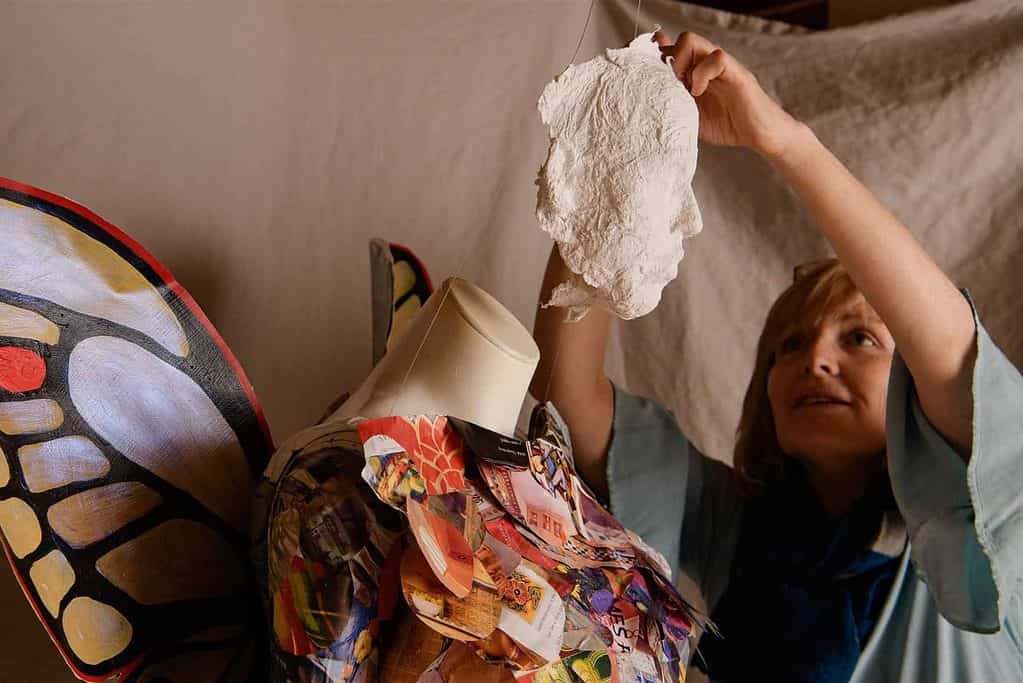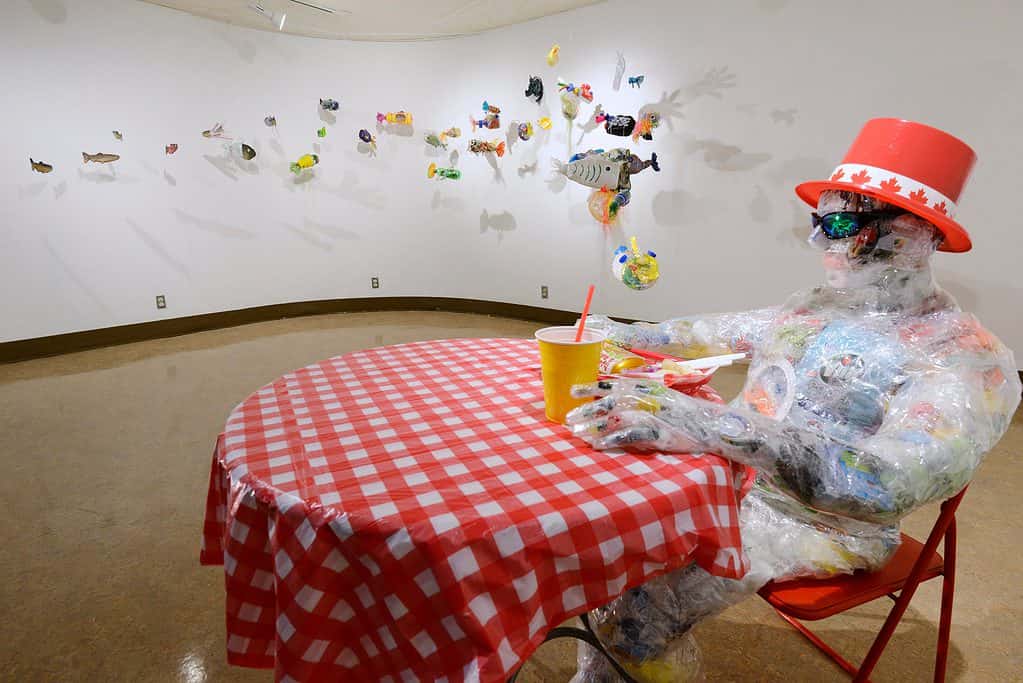Like mushrooms after rain, interesting mini-discussions pop up spontaneously from time to time on the ArtsNet list serve.
A recent one that caught my eye concerned the age-old topic of arts reviews/critiques: what are they, what purpose do they serve, what’s the difference, and “Hey, who decides who gets to write them, anyway?”
No doubt it was this civilized and informative exchange of views that sparked Anthony Trombetta’s witty piece on Page 14 of this week’s WUY.
Normally, I tend to stay out of these periodic ArtsNet debates; there’s more to be learned by reading other people’s points of view than by becoming a combatant myself.
But the topic is dear to my heart – especially in my current capacity as someone who works with a number of fine reviewers, such as Jerome Stueart (theatre), Brian Eaton (film), Nicole Bauberger (visual art), Jessica Simon (books) and Barry “Jack” Jenkins (Yukon CDs).
Over the years, I have also reviewed hundreds of books and plays, as well as choral and symphony concerts.
And, as a performer, I have been subjected to a number of reviews myself.
So what follows is a highly-subjective take on a highly-subjective craft.
First, what is the difference between review and criticism? Answer: beats me.
If pressed, I would suggest that a “reviewer” – especially in the popular media, such as newspapers, radio, TV and general-interest magazines – is essentially an observer, a story-teller who says, “Hey, I just read this book (saw this play, visited this art exhibit, or whatever) and I want to share that experience with you.”
Depending on the writer’s depth of knowledge of the subject, a review might include additional bits of “colour” about the artists, the work itself, or the genre it represents.
Newspaper reviewers often juggle the “arts beat” along with other duties – but don’t tell the Globe & Mail or the New York Times this: they take the role of “critic” extremely seriously.
The reviewers whose work we publish in this magazine are all amateurs – in the very best sense of that word. They love the art forms they write about, but I don’t think any of them would consider himself/herself a full-fledged critic.
Which leads to my subjective (and definitely imperfect) definition of the august personage known as the critic.
To me, a critic is someone with extensive knowledge of the art form in question, who has the training, experience and credibility to provide in-depth analysis with a decided ring of authority.
Apart from those who write mainly for scholarly journals, think of the likes of Edmund Wilson (books), George-Jean Nathan or Kenneth Tynan (theatre), James Agee or the wonderful Pauline Kael (film).
Fortunately, in a small community such as the Yukon, no one here has the kind of clout wielded by critical lions such as Clive Barnes or Walter Kerr, who could close down a Broadway production with a few vitriolic words.
Barnes once described the critic as someone who “rides in after the battle and shoots the wounded”. And Kerr penned perhaps the world’s shortest critique, of John Van Druten’s 1951 play, I Am a Camera. Kerr’s take: “Me no Leica.”
So, what should readers (and artists) expect from a reviewer, or critic, especially in a community like this?
For my money, I would say: fairness, good taste, keen observation, a commitment to the art form in question, honesty and integrity.
No artist enjoys seeing their shortcomings laid out in print, but the reality is that every “consumer” of their art is in a position to pass judgment on it. That risk comes with the job of making art.
An honest appraisal by someone with a reasonable degree of knowledge can also be extremely helpful in an artist’s development.
The bottom line, however, is to remember that a review is simply one observer’s considered opinion. It is not – and it should not be – a licence to kill.
The Toronto Star‘s long-time critic, Nathan Cohen, was known for his ascerbic tongue, but no one ever doubted his passionate commitment to Canadian theatre. Ditto for the Globe‘s Herbert Whittaker, who always took a much gentler approach.
Finally, as Anthony points out in this week’s Makes Sense Tomorrow, it’s good to remember that reviewers and critics are themselves under public scrutiny.
This was made abundantly clear to me in 1969, when I reviewed a choral concert for the Regina Leader-Post. Alas, I made a major error in the name of the Mass the group had performed.
The hostile letters immediately flooded in – 33, all told.
The newspaper published two. The editor selected one, but the one I chose was both the wittiest and the most blunt.
My sins were summed up in a memorable last line: “One can only conclude that Mr. Bolton doesn’t know his Mass from a hole in the ground.”




